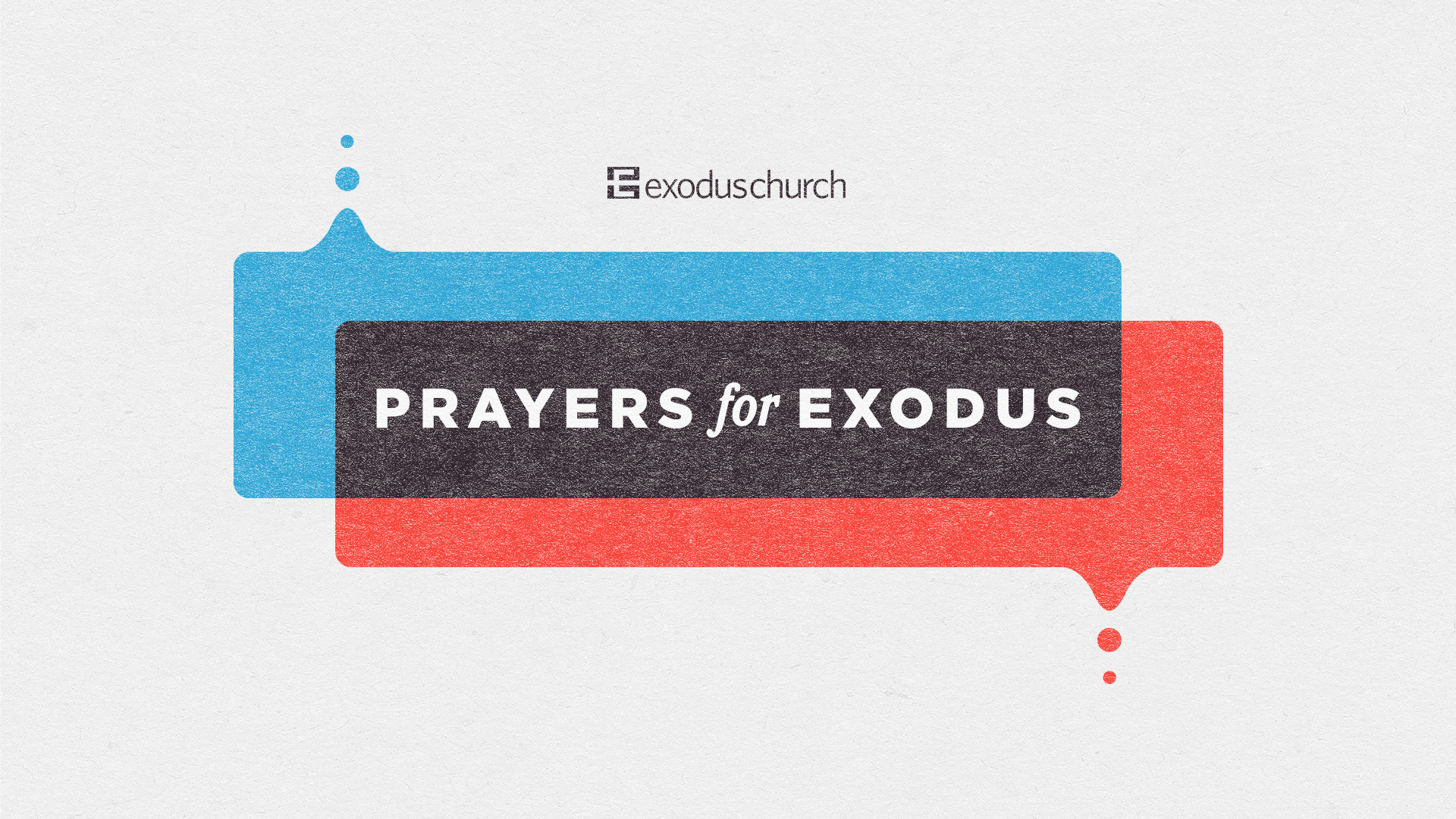I recently got an email from a parent about a middle school student who was experiencing some healthy questions about how science and faith go together and how we can be sure that what we know is true. I thought it would be helpful to post my response.
Dear…
That is really exciting for him to want to follow Jesus. And, it’s good that he’s asking questions, even scary ones that are hard to answer. As we mature in Christ, sometimes we forget the doubt we struggled with to come to understanding of faith in Jesus. We can be protective and not want our kids to explore their own skepticism because we are afraid they might not come out of it. I know I struggle with that with my kids.
Here are some things I’ve learned…
Doubt is good if it’s honest doubt and not lazy doubt. Lazy doubt stops at the questions and refuses to move forward. There are professing Christians with lazy doubt who are more intellectually agnostic than Christian. Lazy doubt is dangerous and deceptive. Honest doubt asks good questions about what we are hearing. It asks questions that get us to answers rather than to things we have been told. I think honest doubt is healthy. When we hear something in any arena, we should be asking questions about it. Honest doubt deepens faith when we push through it.
“What if I’m wrong and God’s not real?” questions are good when accompanied by honest doubt. Ask a question here like, “let’s assume that He’s not here. How would you explain life?” and then listen and engage what you hear. “How would you explain kindness? How would you explain…etc.?”
Here are some important reminders:
1. Cultivate a home where questions are OK. Parents can get intimidated by questions and so kids stuff them. The problem is that they come out sooner or later when mom and dad are not around to navigate them. So, encourage questions.
2. Never be afraid to say I don’t know, but I’ll find out.
3. Work hard to point your kids toward the Bible as the authority in what it teaches.
4. Have them read a basic book on apologetics that deals with the questions they are asking.
5. Never answer the first question. Always answer with a question. “What do you think?” etc. This will help you know more about what they’re thinking and keep the conversation going.
I think in all of this, it’s critical to point them back to the authority of the Bible and the historical reality of the resurrection. We know God is real because God came to earth, lived, died and rose again never to die again. In all the world, Christianity is the only faith that teaches such a thing.
I hope this is helpful. Let me know if I can help more.
Brian



